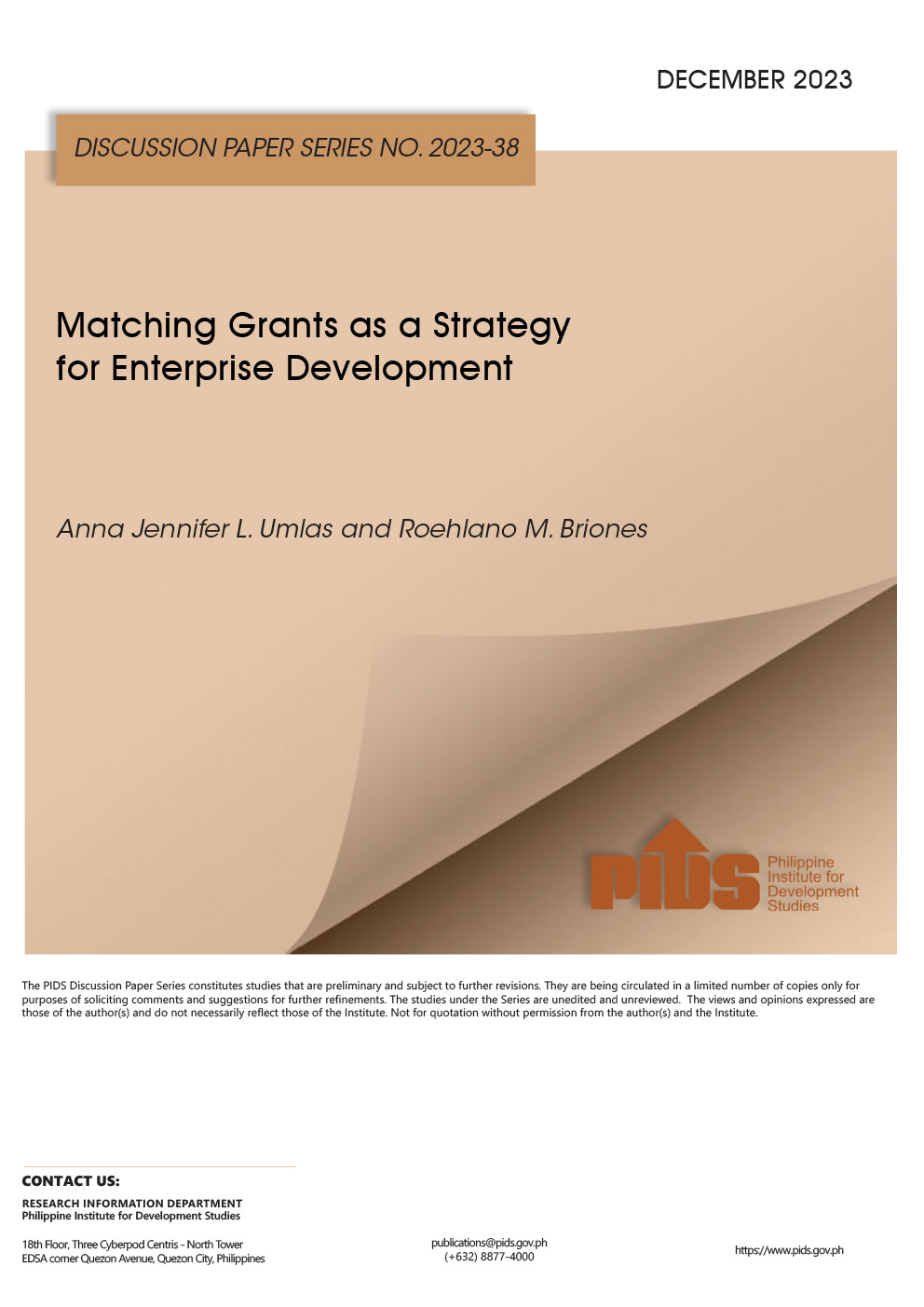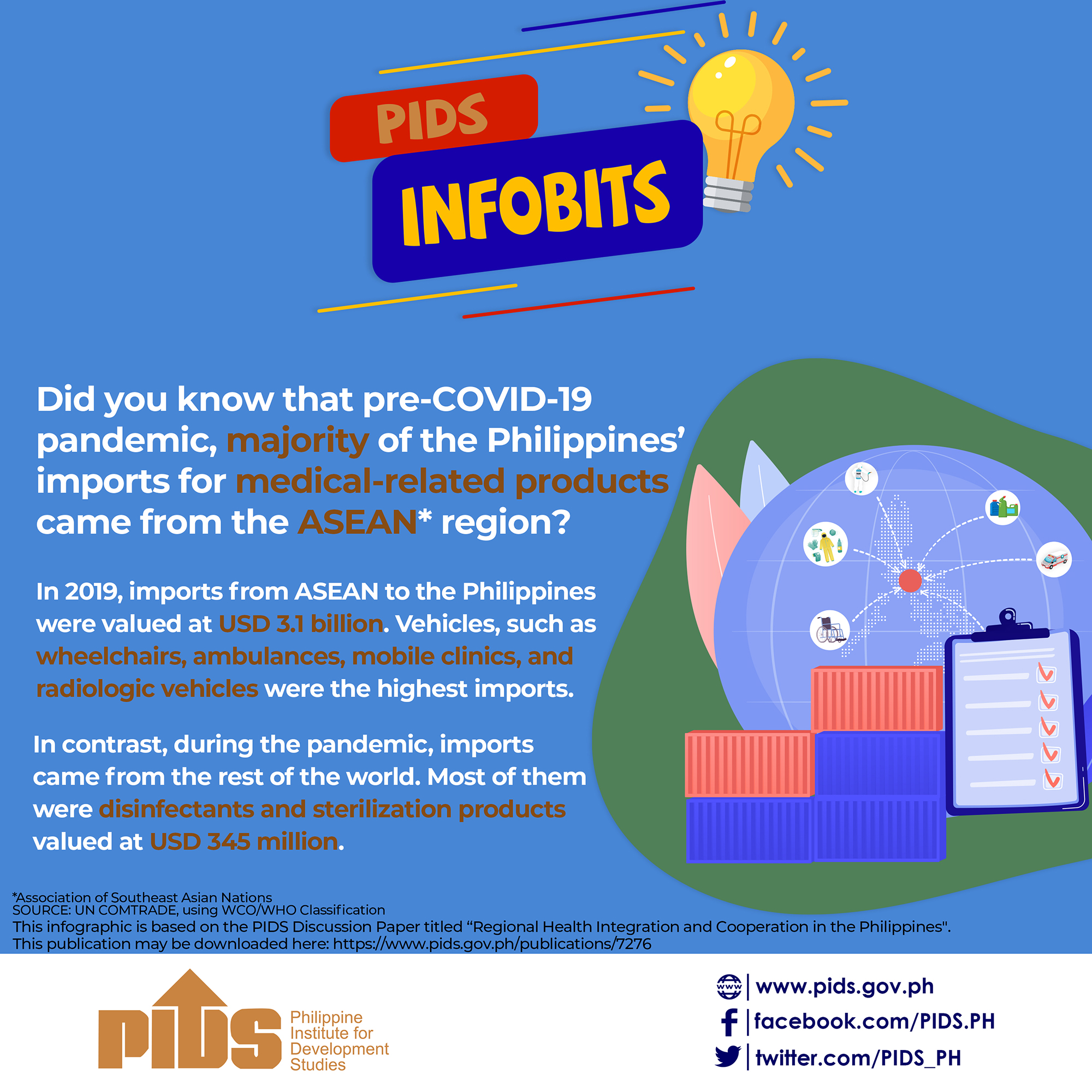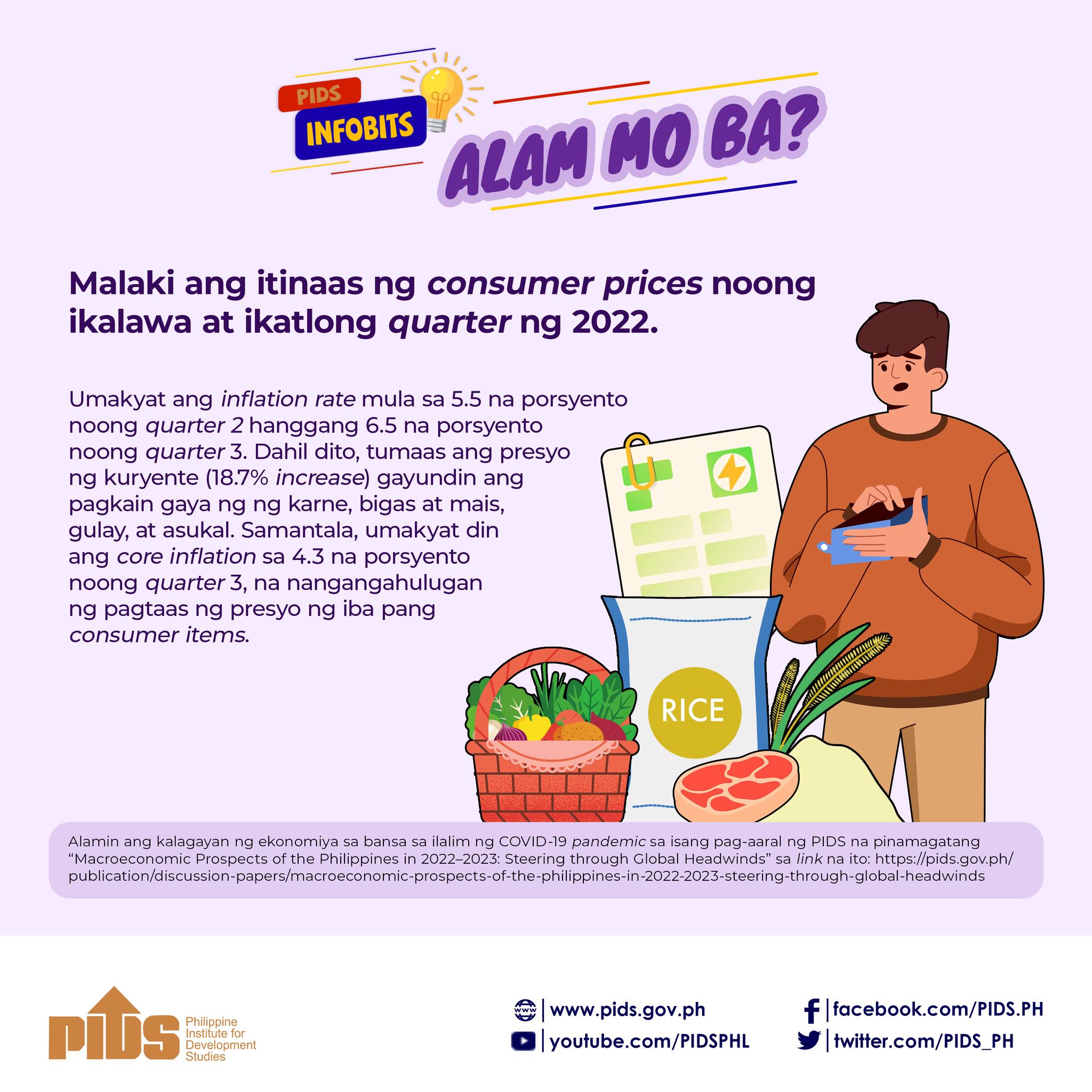ECONOMISTS said government intervention in the pork industry must focus on lowering input costs for hog raisers, mainly by making animal feed cheaper, rather than imposing retail price ceilings on pork.
Calixto V. Chikiamco, Foundation for Economic Freedom president, said that the Department of Agriculture (DA) should work to liberalize corn imports in order to reduce farmers’ feed bills.
“The right measure to decrease pork prices without hurting hog farmers is to abolish the quantitative restrictions on corn and reduce tariffs,” Mr. Chikiamco said in a Viber message.
He added that the Philippines has an annual deficit of about 3 to 5 million tons of corn. “Corn is the single biggest cost ingredient for hog and poultry production,” he added.
DA Spokesperson and Assistant Secretary Arnel V. de Mesa said on Tuesday that the department is seeking to determine whether market “manipulation” warrants the imposition of price controls on pork.
Mr. De Mesa also said that the DA is studying a suggested retail price (SRP) scheme for pork if the gap between farmgate and market prices continues to widen.
“There could be several reasons why there’s a gap between farmgate price and retail price — logistics costs among them,” Mr. Chikiamco said.
Ateneo de Manila economics professor Leonardo A. Lanzona said a price ceiling would “cause more problems.”
“(The) solution is to encourage more imports and local production,” Mr. Lanzona said via chat.
The DA projects a deficit in the pork supply equivalent to 10 days’ demand towards the end of the fourth quarter.
Philippine Institute for Development Studies Senior Research Fellow Roehl M. Briones said in a Viber message that the farmgate price for hogs “may just be taking time to increase.”
“Prolonged controls may prevent this…(and) will discourage supply,” Mr. Briones added.
Rosendo O. So, chairman of Samahang Industriya ng Agrikultura said he sees the need for price caps on domestically grown and imported pork.
The controls are needed “para hindi sumipa ang retail price (so retail prices do not rise),” Mr. So told BusinessWorld by phone.
He added that a price cap on pork is “better” than an SRP “because nothing will really happen when you implement SRPs.”
In Metro Manila markets, kasim (pork shoulder) retailed for between P260 and P330 per kilogram on Oct. 11, while liempo or belly sold for between P290 and P400, according to DA price monitors.









